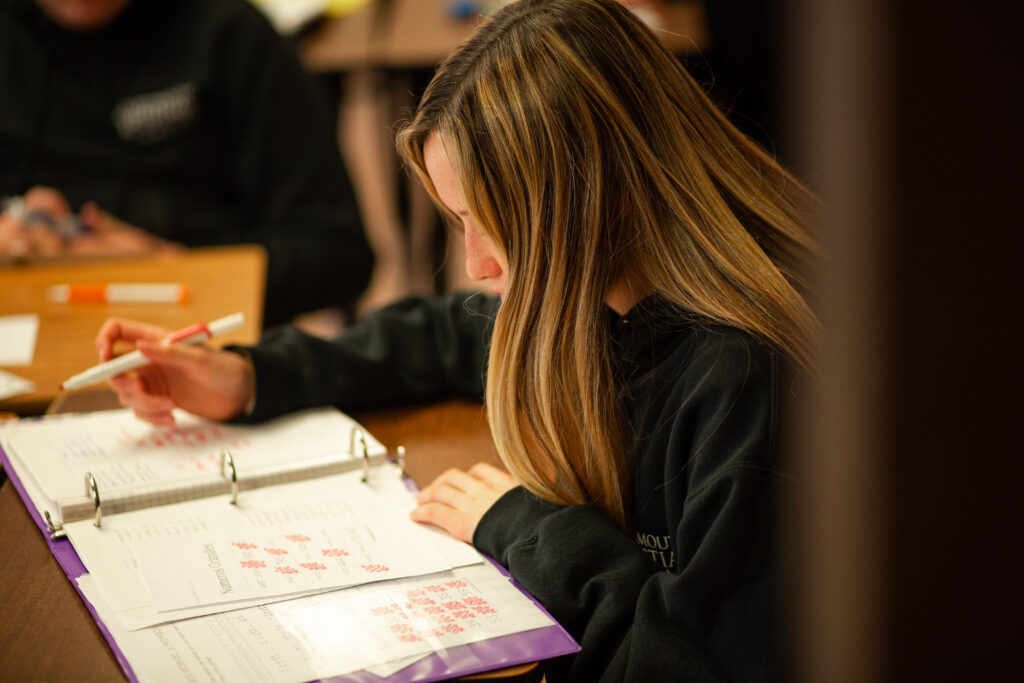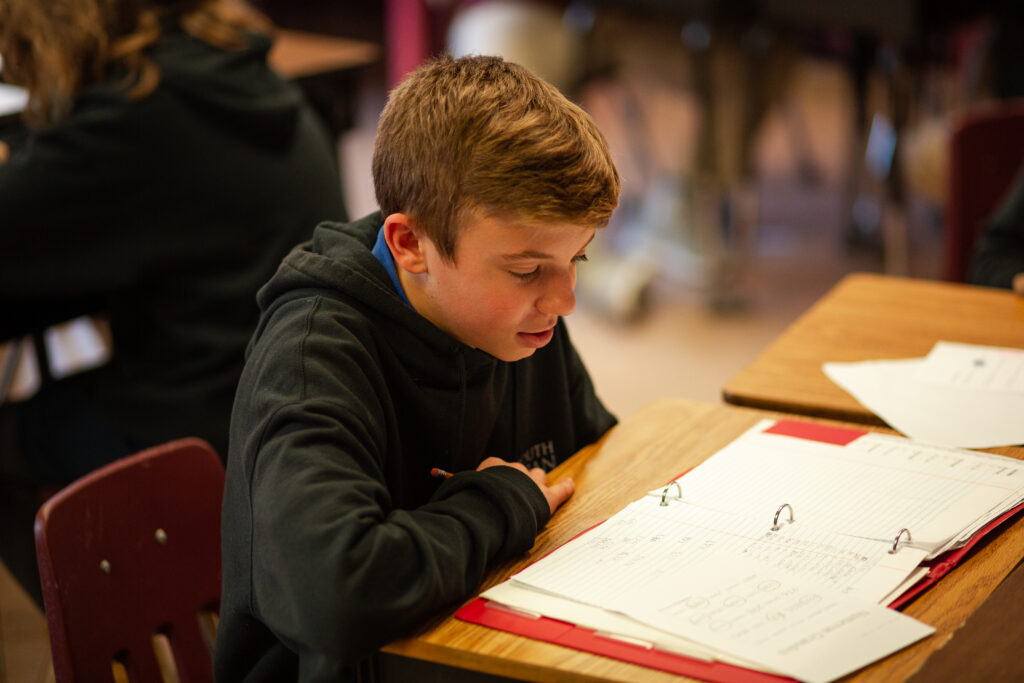NWEA Testing: A Tool for Growth Measurement at PCA
Every parent wants the best for their children when it comes to their education. We want them to thrive academically, reach their full potential, and succeed in the ever-evolving world. At Portsmouth Christian Academy (PCA), we partner with parents in nurturing their child’s growth and development so that they can reach their God-given potential.
Every fall and spring, you’ll see the acronym “NWEA” on your portal calendar and in emails from your teachers, and you’ll hear the term “nee-wa” around campus. For those who are new to PCA, all that mumbo-jumbo can be confusing. This article will explain just what NWEA testing is and why it’s important for your child, individually, and for our school as a whole.
What is NWEA?
NWEA, or the Northwest Evaluation Association, is an organization dedicated to improving education through assessments that cater to the unique needs of each student. Their assessments, including the well-known MAP Growth test, are computer-adaptive, which means they adjust in real-time based on your child’s responses. This adaptability ensures that your child is always working at the right level of challenge, providing a more accurate assessment of their skills and abilities. When you toured PCA during your admissions process, you probably heard our Admissions Counselors talk about a child’s “zone of proximal development.” To simplify things, the zone of proximal development is the sweet spot of your child’s ability to be challenged, academically, without being overworked. At PCA, we want to help your child grow into their God-given potential–wherever and in whatever it is. Making sure your child stays in their zone of proximal development means they’re continuing to grow into that potential effectively.


What do we do with NWEA results?
One of the primary reasons we conduct NWEA testing at PCA is to measure your child’s academic growth. NWEA tests allow us to track their progress over time and celebrate their achievements along the way. By identifying areas where they excel and areas that may need extra attention, we can tailor our teaching methods to meet their specific needs.
Every child is unique, and their learning journey should reflect that individuality. NWEA testing provides us with valuable insights into your child’s strengths and weaknesses. Armed with this information, our dedicated teachers can create personalized learning plans that help your child reach their full potential. Whether they need additional challenges or extra support, we’re here to provide the right resources and guidance. Once we receive the data from our NWEA testing, our Principals and Academic Dean sit down with our teachers to discuss how they can tailor their classroom structure and teaching methods to best meet the needs of their students.
NWEA testing isn’t just about assessing your child; it’s about improving our educational programs. The data we gather from these assessments allows us to make informed decisions about curriculum, instruction, and support services. It ensures that we are continually enhancing our educational offerings to meet the evolving needs of our students.
How can I support my child as a parent?
The skill of test-taking is an important life skill. Our students will have many years of testing in their future, no matter what their calling; some will be standardized tests for which they cannot study, and some will be exams and boards for which they must study a great deal. While this is only the beginning, good test-taking skills learned now can be invaluable. These suggestions may help in preparation:
· Help your child understand that, because this is an adaptive assessment, the one who finishes first is not the smartest – it may be the one who finishes last!
· Help your child avoid text anxiety with the following understandings:
o You only need to do your best AND relax so that the brain can think.
o The test will give some questions for which he or she will not have ready answers.
o The test is not timed.
o This is valuable. While we do many types of assessments, NWEA scores, along with teacher observations and class work, give us information on how to develop each child as a learner.
o The test measures day-to-day mastery of skills and thought processes; there is no “studying.”
· Being well-rested and hydrated can give better, and more accurate, test results.
· Eating a low carb snack on test days can help avoid the energy drop.
· A positive attitude is critical to getting accurate results.
At the end of the day, NWEA testing is just a way we can measure your child’s performance and growth. As long as your child goes into NWEA testing the same way they do in everything else, ready to try their hardest and do what they can, they’ll do fantastic!


